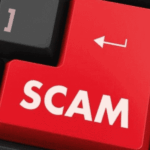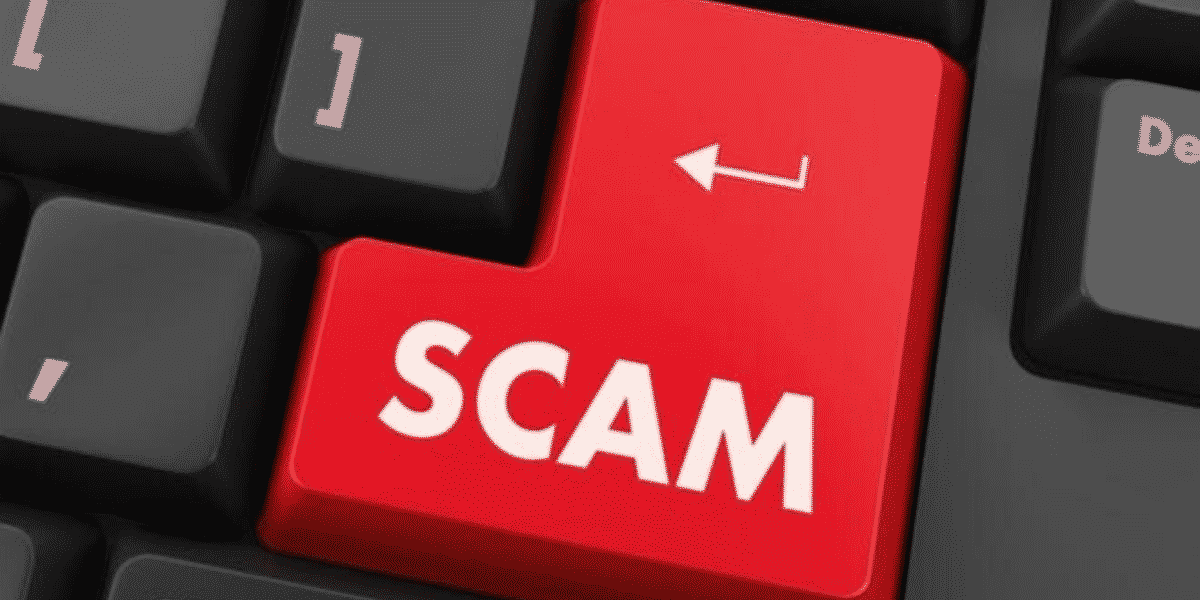COVID-19 has affected nearly every facet of daily life. Many people have lost their jobs, businesses have been forced to shut down (either temporarily or permanently), and there are restrictions to where you can go. Keep reading this blog on common scams to avoid in COVID-19.
As a result, people have been stuck inside, generally spending time on their phones or computers.
There are scams out there, sent by email, Facebook, or advertisement, that purport to give some sort of benefit but in reality, only exist to take your information and possibly steal from you.
So what are these scams, and what can you do to protect yourself?
Stimulus Payment Scams
The CARES Act, signed into law March 27, 2020, outlines terms for a payment to be sent to all American tax paying families that meet certain criteria.
Many families have yet to receive a payment. However, some shady groups are sending emails, phone calls, and ads telling people to submit info in order to receive their payment.

If you’ve already filed a 2019 return, your info has been automatically included and you will get your payment if you qualify.
If you haven’t gotten a payment, check the IRS website, https://www.irs.gov to see if you’re eligible. It will check your eligibility based on your 2018 or 2019 tax return.
Didn’t file a 2018 or 2019 tax return? You will need to go to the IRS website, https://www.irs.gov to submit your info to claim your stimulus payment. Keep reading this blog on common scams to avoid in COVID-19.
Related: Summary of the Paycheck Protection Program
IRS Scams
Similarly to the stimulus payment scams, there are shady characters sending IRS scams just as they had before. Many of these scams are done over the telephone.
Remember: IRS correspondence is only ever done through physical mail! You will never get a phone call from the IRS, and you will only get an email from the IRS if you elect to receive emails from them. Even then, you can check to see if the email is legitimate by contacting the IRS directly.
The IRS will never ask for your information by email!
There is also confusion about tax filing dates. Federal tax filings and payments (form 1040) are due July 15, 2020. State taxes may vary: check your state’s website!,/p>
Get your tax information directly from the source: https://www.irs.gov.
Fake Treatments
There’s been a lot of misinformation about COVID-19 lately, mostly because people are scared and confused and don’t know who to trust.
Due to this, there are entities out there that claim to have a home remedy, a cure, or a preventative measure for COVID-19. Some of them are ridiculous, and others are being sold for a high price.
Don’t believe them. If and when a treatment, cure, or preventative measure for COVID-19 is released, it will become international news. There is no cure or treatment for COVID-19 as of April 2020.

The best preventative measures have been recommended by the World Health Organization and the Center for Disease Control. Wash your hands, keep at least 6 feet away from people, stay indoors as much as possible, eat healthy, and exercise. These are general health measures and are recommended for both at-risk populations and the general population. Best of all, they are FREE.


